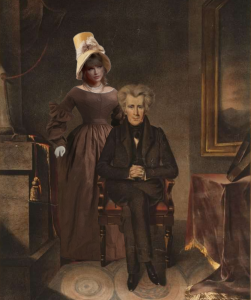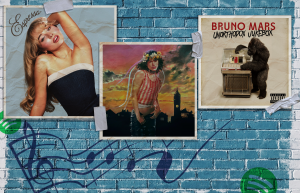“Like most self-help books, this is a lot of nice talk with absolutely no guidance as to how to actually do anything. Summary: you can be really great at stuff! Just believe in yourself! Confidence!,” reads Amazon customer Ethan Haltomon’s one star review of “You Are a Badass: How to Stop Doubting Your Greatness and Start Living an Awesome Life” by Jen Sincero, the 12th most read nonfiction book on Amazon’s top chart.
This review seems to encompass much of the stigma surrounding personal development, or “self-help” books. They’re full of the same advice we’ve heard a million times; they’re silly in their delivery and motivate us for little more than half of a second.
I raise the question: is this a stigma we should buy into? Or should we fill our minds with the warm fuzzies these books provide in hopes that they can push us to be better versions of ourselves?
Personally, I say we go for it. I think most people will agree there are many times (especially as college students) when we simply lack the drive to get everything on our jam-packed schedules accomplished. This manifests itself in the form of choosing a nap over a study guide, or a dinner with friends over getting ahead on a project deadline that’s quickly approaching.
As human beings, our motivation is fleeting. Mine is a lot like the gas tank in my car. If I don’t continually fuel before it hits E, I won’t go anywhere. Hence the importance of these sorts of books in my life.
“Self-help books are great when they’re used in the right way. If you have the motivation to actually read the book, it can really help you stay and become more motivated,” senior organization communications major Addie Swartz said.
Bradley marketing professor and consumer behavior researcher James Muncy has all of his students in his Consumer Behavior course read for 20 minutes, 5 days a week and record their thoughts in a journal as part of their overall grade. He feels the average college student is unreceptive to self-development books, because in their classes they are being taught to think critically and evaluate materials. Their approach to reading is more systematic.
This is different from how he feels we should approach self-help books.
“Reading is to gain insight, which is not necessarily truth. If you apply [the insight] to life, and it works, life is better,” Muncy said. He has also written several self-help books of his own, and he emphasizes that they include much of the same information as others.
“Most of the stuff in self-help books is obvious. So, why study the obvious? There’s three reasons. Sometimes we miss the obvious, sometimes we forget the obvious, and sometimes we’re avoiding the obvious. These books motivate us to see and act upon the obvious.”
We’ve heard it all a million times, and it’s nothing we don’t already know. Yet, there is still value in a self-help book. If you haven’t enjoyed them in the past, I urge you to try again. Find an author who says the same repetitive yet important concepts, but in a way that resonates with you.




